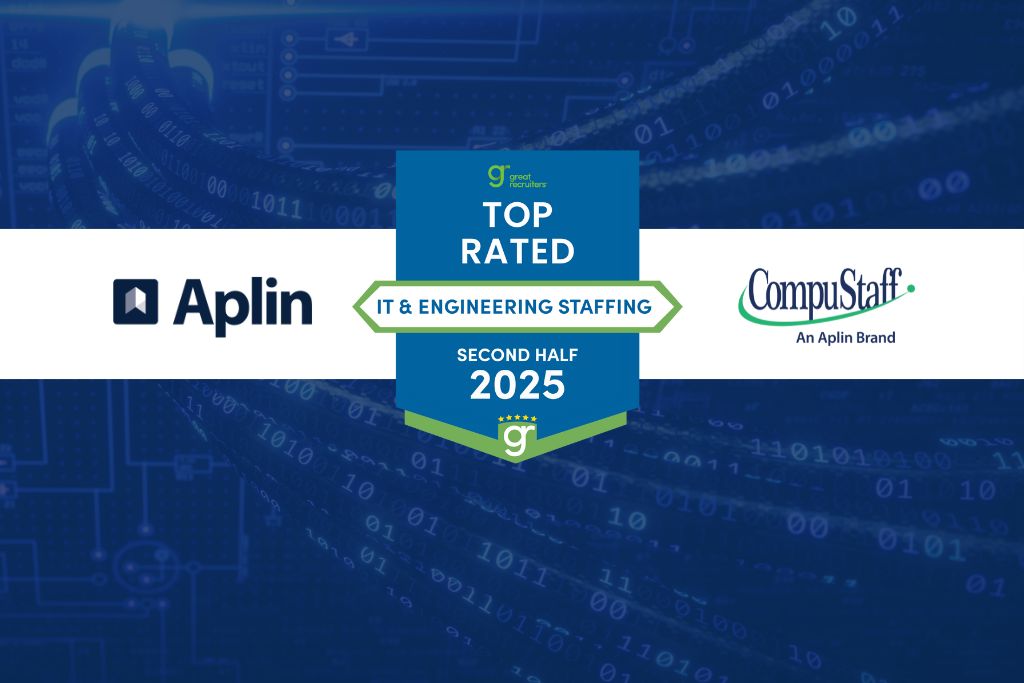Discover the power of embracing our differences
Share This Article
At a recent country-wide meeting, our employees were asked to split into 3 sections of a room. The Millennials to the right. The GenX’ers are in the middle. The Boomers to the left. Each group was tasked with brainstorming their interpretation of the other generations, to then later present their findings to the entire room.
As a GenX’er, I sat smack dab in the middle, finding myself often gazing to the left and to the right, in an effort to locate members of my Halifax team. It wasn’t until this very moment that the reality of managing a multi-generational team truly hit home for me. To physically see the divided room and to then hear each group present their distinct positions and impressions of the others, was quite a confirmation that understanding multi-generational differences in the workplace is invaluable as a Manager, no matter how small or large the team.
We could have split the room into 4 groups that day, as the tendency of the Mature Worker to remain working well into their 60s has become a true reality. For the first time ever, 4 generations share the workplace:
- Millennials (born after 1980) – Recognition and flexibility is important. Globally influenced.
- GenX’ers (born between 1962 and 1979) – Adaptive to change. Value work/family balance.
- Baby Boomers (born between 1946 and 1961) – Whatever it takes attitude. Values high responsibility and challenge.
- Mature Workers (born 1945 or earlier) – Live within means. Less receptive to change. Very loyal.
Each generation has contended with unique life experiences and influences on a social, economical, political and technological scale. Varying differences in values, philosophies, expectations and communication styles cannot be blamed or fingers pointed. In fact, on the contrary. Those companies who commit to understanding the gaps within their teams will have a tremendous opportunity to turn multi-generational differences into a competitive advantage. Specific strategies built to allow flexibility, fairness, encouragement and learning from one generation to another will only drive employee engagement, and cohesiveness, yielding increased production and future value proposition.
The reality of an aging workforce and an ever-tightening labour market is here to stay. Companies must make a concerted effort to understand who comprises their workforce, and proactively take the necessary steps to ensure that no matter the generational difference, each employee is valued, treated fairly and with deserved respect.




